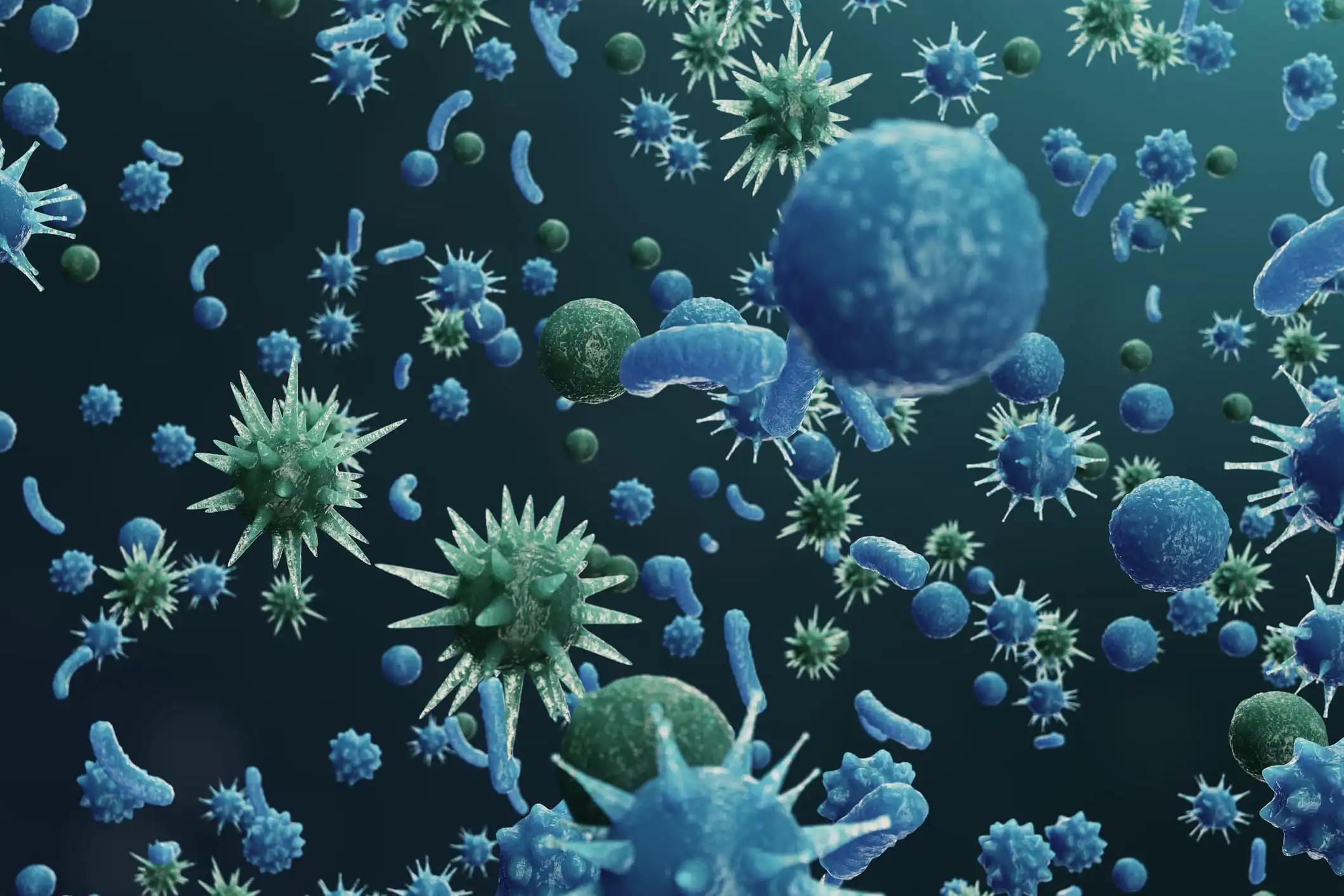KEY TAKEAWAYS
- The FUMANBA-1 phase 1 & 2 trial aimed to investigate the relationship between baseline serum sBCMA levels and clinical outcomes following eque-cel infusion in patients with RRMM.
- Researchers noticed that eque-cel offers promise in patients with RRMM, even those with higher baseline sBCMA levels and tumor burden, with sustained efficacy despite potential sBCMA inhibition.
B-cell maturation antigen (BCMA) holds significant promise as a therapeutic target for multiple myeloma (MM), with soluble BCMA (sBCMA) emerging as a crucial biomarker reflecting disease progression and patient prognosis. However, the presence of sBCMA fragments poses a challenge, as they have been reported to inhibit the function of chimeric antigen receptor (CAR) T-cells, potentially compromising the efficacy of BCMA-directed therapies.
In the development of equecabtagene autoleucel (eque-cel, CT103A), a pivotal phase 2 study (FUMANBA-1, NCT05066646) demonstrated promising outcomes in heavily pretreated patients with relapsed/refractory multiple myeloma (RRMM). Yet, the impact of baseline serum sBCMA levels on the clinical response to eque-cel remains uncertain.
Lu-Gui Qiu and the team aimed to investigate the potential correlation between baseline serum sBCMA levels and clinical outcomes following eque-cel infusion in patients with MM. By examining how baseline sBCMA levels influence treatment response, this research seeks to enhance the understanding of eque-cel’s efficacy and identify factors that may impact its therapeutic utility.
They performed an inclusive analysis wherein the level of sBCMA was analyzed using enzyme-linked immunosorbent assay (ELISA), and CAR transgene copies in patient PBMCs were monitored via digital droplet polymerase chain reaction (ddPCR). Univariate and multivariate logistic regression models were employed to assess baseline serum sBCMA level and other characteristics correlating with the likelihood of achieving complete response (CR) or stringent complete response (sCR).
About 89 RRMM patients had a median baseline sBCMA level in serum of 225.1 ng/mL. Baseline sBCMA level didn’t correlate with age, gender, except for patients with high tumor burden (≥50% bone marrow plasma cells) (median 605.9 ng/mL in high tumor burden, median 206.2 ng/mL in low tumor burden; P = 0.0033) and R-ISS III (median 880.7 ng/mL in R-ISS III, median 213.2 ng/mL in R-ISS I-II; P = 0.012).
The median peak copy number (Cmax) of eque-cel was similar between patients with high baseline serum sBCMA level (≥ 225.1 ng/mL) (104237.00 copies/μg DNA) and those with low baseline serum sBCMA level (< 225.1 ng/mL) (86591.75 copies/μg DNA). Descriptive analysis showed comparable baseline sBCMA in patients with CR/sCR (median 228.06 ng/mL) versus non-CR/sCR (median 185.13 ng/mL). ORRs and ≥CR rates were 100% and 80% in patients with high baseline serum sBCMA level versus 97.7% and 77.3% in patients with low baseline serum sBCMA level.
The univariate analysis of CR/sCR by baseline characteristics, including gender, age, extramedullary disease, high-risk cytogenetics, tumor burden, R-ISS disease stage, received bridging therapy, and baseline sBCMA, showed no significant association with CR/sCR.
All subgroups displayed a marked sBCMA decrease with the response to CT103, decreasing to LLOQ (lower limit of quantification) at a median of 2 months post-infusion and remaining below LLOQ at month 12 in patients remaining in response.
The study concluded that eque-cel holds promise as a treatment option for RRMM patients, even in cases of higher baseline serum sBCMA levels and tumor burden. Furthermore, the sustained persistence of eque-cel suggests resilience against inhibition or exhaustion by sBCMA, underscoring its potential as an effective therapy for this patient population.
The trial was sponsored by Nanjing IASO Biotechnology Co., Ltd.
Source: https://ebmt2024.abstractserver.com/program/#/details/presentations/825
Clinical Trial: https://clinicaltrials.gov/study/NCT05066646
Qiu L.G, Li C, Wang D, et al. (2024). “BASELINE SBCMA PLASMA LEVEL HAS NO IMPACT ON THE EFFICACY OF EQUECABTAGENE AUTOLEUCEL, A BCMA-CAR T CELL THERAPY IN PATIENTS WITH RRMM: SUBANALYSIS OF FUMANBA-1 TRIAL.” Presented at EBMT 2024 (Abstract OS10-04).



